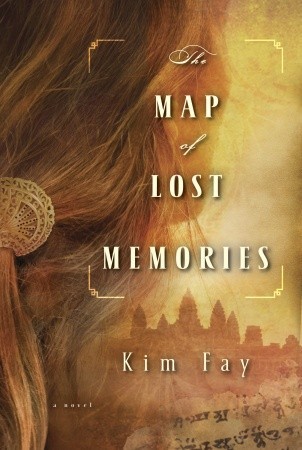This book by Kim Fay has gotten quite a bit of very positive chatter and I was certainly curious to read it, since the protagonist was (a) a strong, independent woman, (b) started out in Seattle, and (c) was about a part of the world I know nothing about (southeast Asia). Starting out in 1925, at the art and cultural museum on the campus of the University of Washington--renamed in this book as the Brooke (instead of the Burke)--Irene Blum has operated in the background for years helping to build the collections to levels of national and international recognition with special emphasis on southeast Asian work. Her special passion is Cambodia and the history of the Khmer empire, which rose to prominence and then essentially faded away to nothing. Irene's parents had spent time in southeast Asia, although she doesn't realize how much until late into the story, but she does find out upon her father's death that he possessed the diary of a missionary with information that may lead to critical records documenting the last great king of the Khmer empire. When Irene is passed over for the curator's position of the Brooke museum because she does not have a PhD, she decides to see out these mysterious copper scrolls and sets off on a dangerous adventure, financed by a lifelong friend of the family, who is also a serious collector of artifacts. Everyone who comes into this story has ulterior motives as Irene soon discovers, even those whom she thought she could trust most, and the relationships between the players turn out to be much more complex than she could ever have imagined. In spite of the author's ability to capture a sense of place with colorful description, her characters left me unengaged and I never really felt very deeply for any of them. I was fascinated with the idea of learning more about the Khmer empire, knowing virtually nothing about this culture, and yet over I was disappointed by this book. She does raise all the pertinent questions about the damage done to history and culture and memory by colonization of one people by another (or many others) but still this story felt flat to me. Clearly this is a minority opinion so I encourage you to form your own.

No comments:
Post a Comment